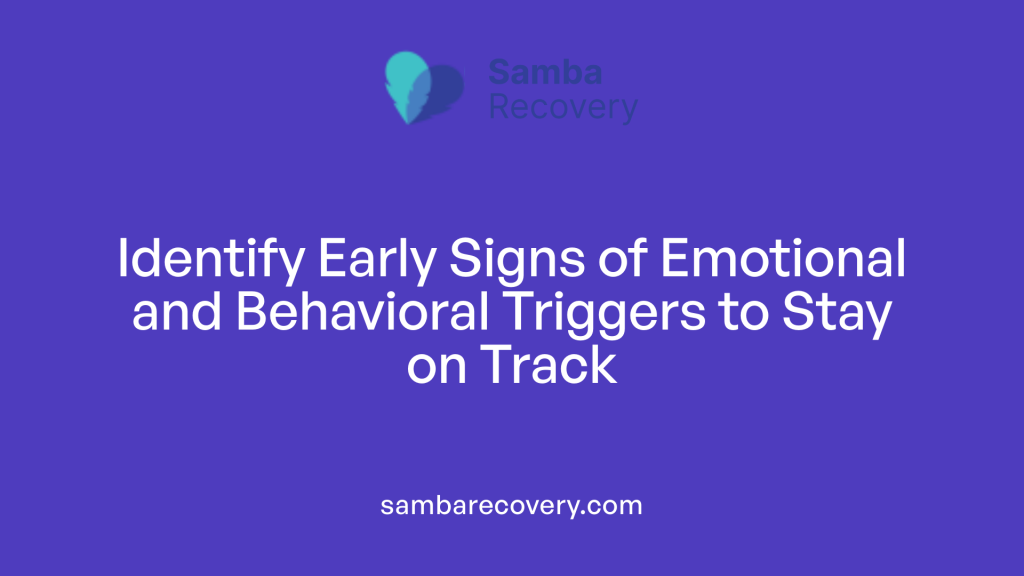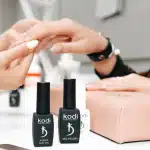Recovery is a daily commitment. It’s not just about quitting a substance; it’s about learning how to live without it. One of the biggest challenges people face during this journey is relapse. Triggers can come from anywhere: a smell, a memory, a stressful moment, or even a celebration. Understanding what leads to relapse is a major part of successful addiction treatment.
A trigger is anything that makes you feel the urge to use again. It could be emotional, like sadness or anger. It might be physical, like walking by a place where you used to drink or use drugs. Triggers are personal, and they can catch you off guard. That’s why a strong addiction treatment plan teaches you how to identify these triggers early. That’s why quality programs like those at a Hollywood Hills rehab center focus on teaching you how to identify these triggers early as part of a comprehensive addiction treatment plan.
The first step is awareness. During addiction treatment, you learn to notice what affects your thoughts and emotions. Keeping a journal can help. Writing down your daily highs and lows reveals patterns. You may find that arguments, boredom, or even certain songs stir up cravings. Once you recognize these moments, you can prepare for them. Without that awareness, relapse can sneak in quietly.
Stress is one of the most common relapse triggers. Life doesn’t stop being hard just because you’re in recovery. Bills, work, or relationship issues can pile up quickly. When stress hits, it’s easy to fall back on old habits. That’s why many addiction treatment programs focus on stress management. Deep breathing, exercise, and talking to someone can all help keep your mind steady.
Loneliness is another big trigger. During recovery, some friendships may end, especially if they were tied to substance use. Feeling isolated can leave a hole that addiction used to fill. A strong addiction treatment plan includes group therapy, support meetings, or peer networks to fight that loneliness. Being around people who understand what you’re going through makes a huge difference.
Even positive events can trigger relapse. Birthdays, weddings, and holidays often involve celebration. If alcohol or drugs were once part of the fun, it’s easy to feel tempted. Addiction treatment helps you build new traditions. You learn how to enjoy life in a healthy way. Planning ahead for these events keeps you focused and ready to make smart choices.
Another key part of managing triggers is having a daily routine. When your days are structured, there’s less room for wandering thoughts or risky situations. Waking up, eating, working, and relaxing at regular times adds stability. Many addiction treatment centers encourage routines because they help rebuild a sense of control. Predictable days lead to calmer minds.
Support systems matter too. When triggers hit, you need someone to talk to. Whether it’s a sponsor, counselor, or trusted friend, having someone just a phone call away can stop a relapse in its tracks. Addiction treatment teaches you how to build this safety net. It’s not a sign of weakness; it’s a sign of strength to ask for help.
Cravings don’t last forever. Most urges pass within a few minutes. During addiction treatment, you learn ways to ride those waves without giving in. Some people distract themselves with music, walking, or art. Others use mental tricks like counting, repeating calming phrases, or visualizing a safe place. These tools work best when practiced regularly.
If a relapse happens, it doesn’t mean you’ve failed. It means something needs attention. Go back to your plan. Talk to your support group. Look at what triggered the slip and how to handle it next time. Addiction treatment is not about perfection; it’s about progress, growth, and self-awareness.
Recovery is a journey with turns and bumps. The more you understand your triggers, the stronger you become. Every day that you stay aware, stay honest, and stay connected is a victory. Through ongoing addiction treatment, you can face triggers with confidence and keep moving forward.

Markmalte is an experienced writer for The Celebrity Niche, specializing in celebrity stories. With a keen eye for detail, he brings the latest updates on celebrity relationships, biographies, and news to his readers.







